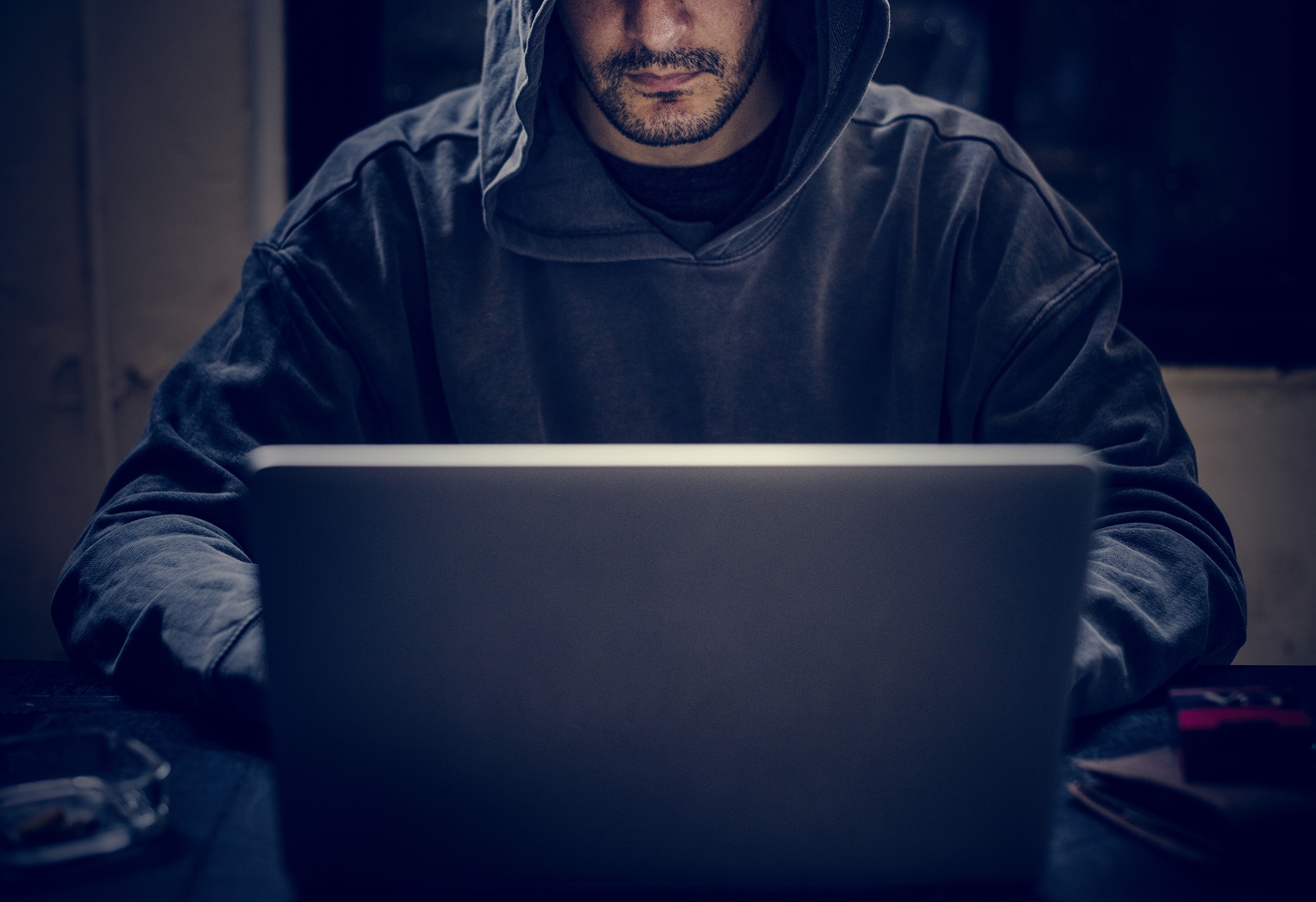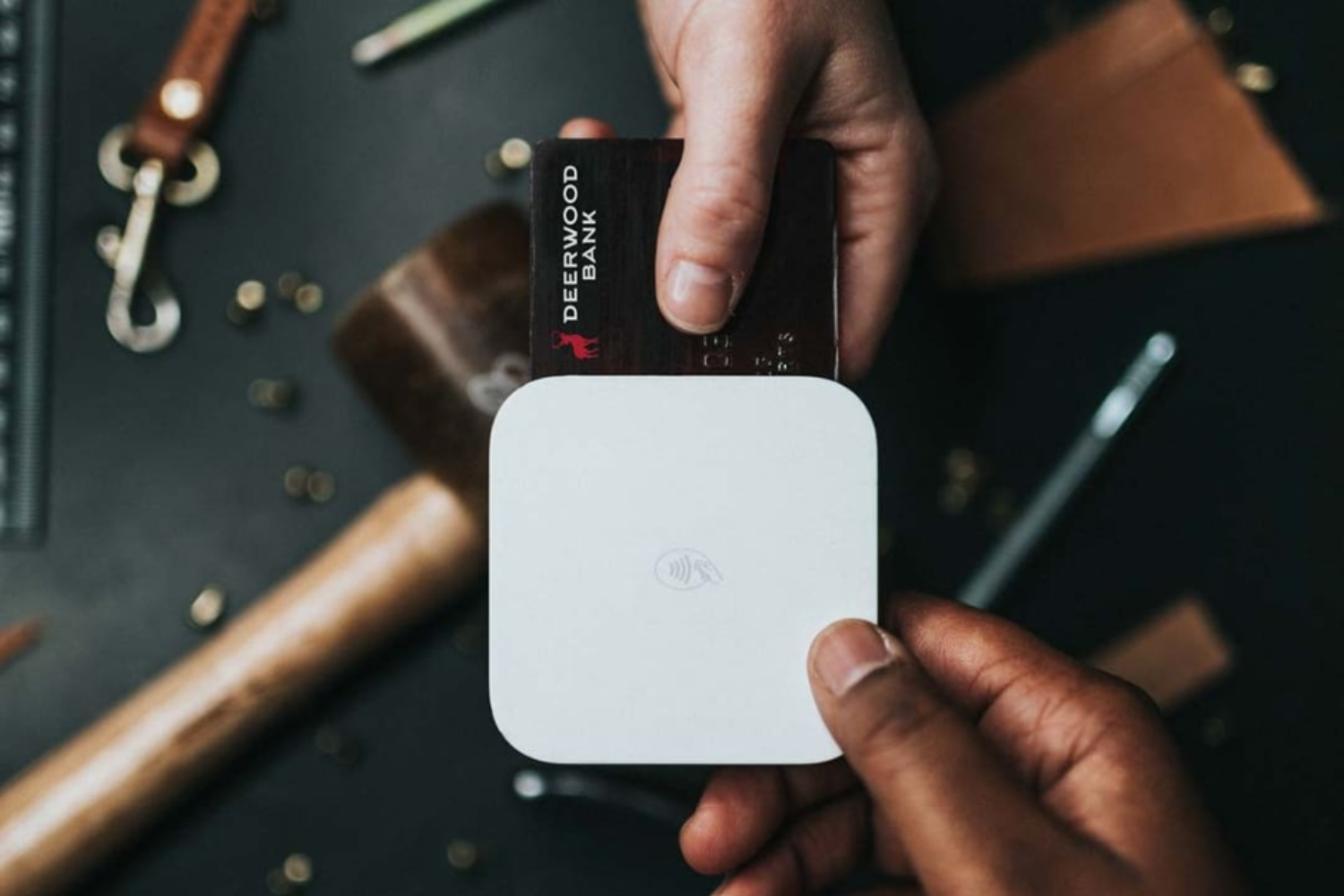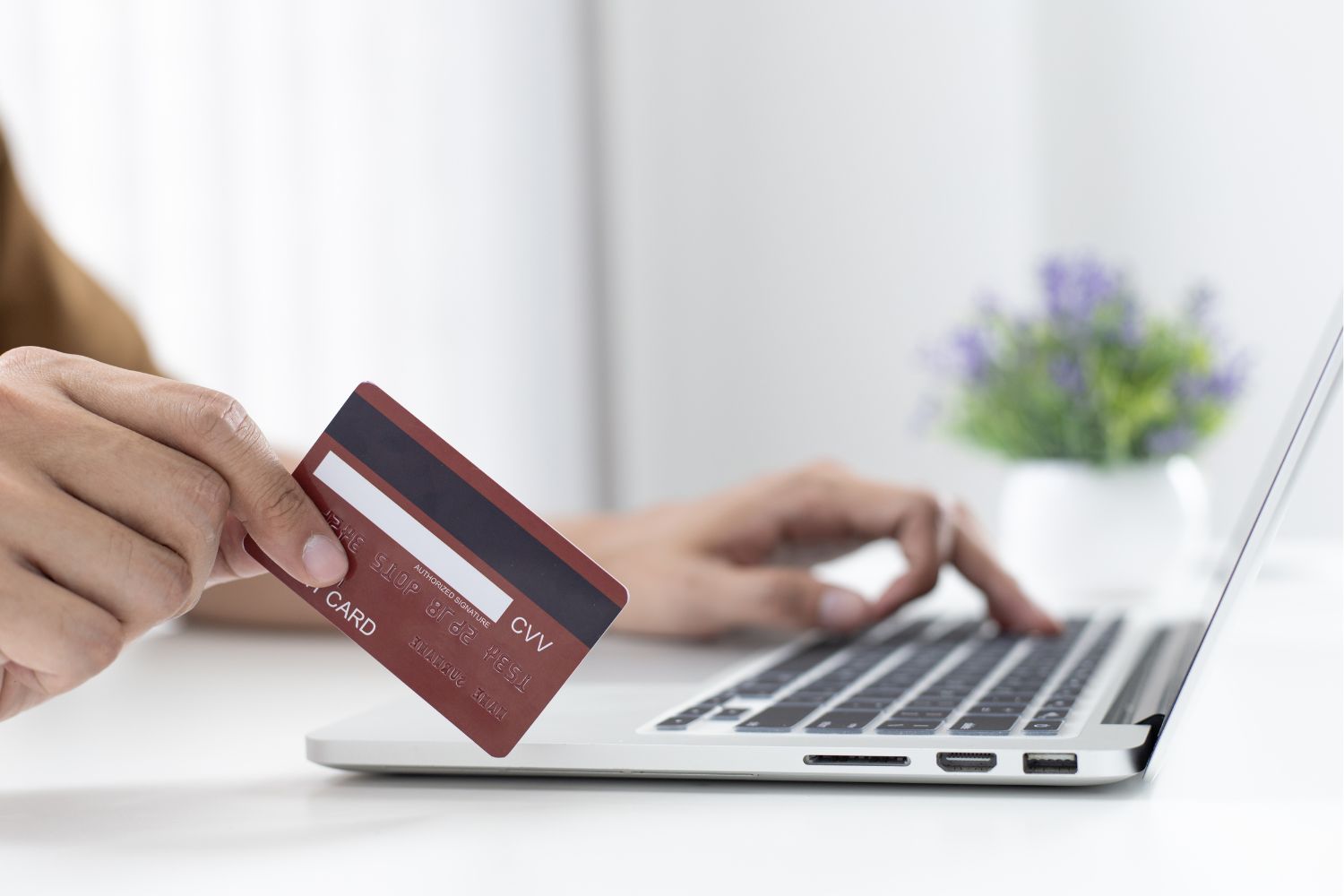It’s safe to say we are living in unprecedented times. With new developments coming daily, it feels as though we are living in an era of information overload. However, we still need to get useful information distributed throughout our communities.
The Financial Crimes Enforcement Network (FinCEN) and the Federal Trade Commission (FTC) want to advise consumers to stay vigilant and alert for potential scams at this time. Scammers will take advantage of crisis time in order to catch consumers with their guard down, this is why FinCEN and the FTC have provided six scam campaigns that you need to watch out for.
Undelivered Goods Scams:
- Online sellers claim they have in-demand products, like cleaning, household, and health and medical supplies. You place an order, but you never get your shipment. Anyone can set up shop online under almost any name — including scammers.
- What to do: Check out the seller by searching online for the person or company’s name, phone number and email address, plus words like “review,” “complaint” or “scam.” If everything checks out, pay by credit card and keep a record of your transaction. If you’re concerned about the pricing of products in your area, contact your state consumer protection officials. For a complete list of state Attorneys General, visit naag.org.
Fake charities:
- When a major health event — like the Coronavirus — happens, you might be looking for ways to help. Scammers use the same events to take advantage of your generosity. Some scammers use names that sound a lot like the names of real charities. This is one reason it pays to do some research before giving. Money lost to bogus charities means less donations to help those in need.
- What to do: Use these organizations to help you research charities. When you give, pay safely by credit card — never by gift card or wire transfer.
Fake Emails, Texts and Phishing:
- Scammers use fake emails or texts to get you to share valuable personal information — like account numbers, Social Security numbers, or your login IDs and passwords. They use your information to steal your money, your identity, or both. They also use phishing emails to get access to your computer or network. If you click on a link, they can install ransomware or other programs that can lock you out of your data. Scammers often use familiar company names or pretend to be someone you know.
Robocall Scams:
- Scammers are using illegal robocalls to pitch everything from scam Coronavirus treatments to work-at-home schemes.
- What to do: Hang up. Don’t press any numbers. The recording might say that pressing a number will let you speak to a live operator or remove you from their call list, but it might lead to more robocalls, instead.
Imposter Scams:
- Bad actors attempt to solicit donations, steal personal information, or distribute malware by impersonating government agencies (e.g., Centers for Disease Control and Prevention), international organizations (e.g., World Health Organization (WHO)), or healthcare organizations
- What to do: Stay vigilant. Report any suspicious communication that you feel may not have been sent by the organization or business.
Fake Government Checks:
- As the Coronavirus takes a growing toll on people’s pocketbooks, there are reports that the government will soon be sending money by check or direct deposit to each of us. The details are still being worked out, but there are a few really important things to know, no matter what this looks like
- The government will not ask you to pay anything up front to get this money. No fees. No charges. No nothing.
- The government will not call to ask for your Social Security number, bank account, or credit card number. Anyone who does is a scammer.
- These reports of checks aren’t yet a reality. Anyone who tells you they can get you the money now is a scammer.
- What to do: If you spot one of these scams, please tell the Federal Trade Commission: ftc.gov/complaint.
It is incredibly important to stay vigilant and alert for scam and fraud schemes at this uncertain time. We hope you all stay safe and healthy.





